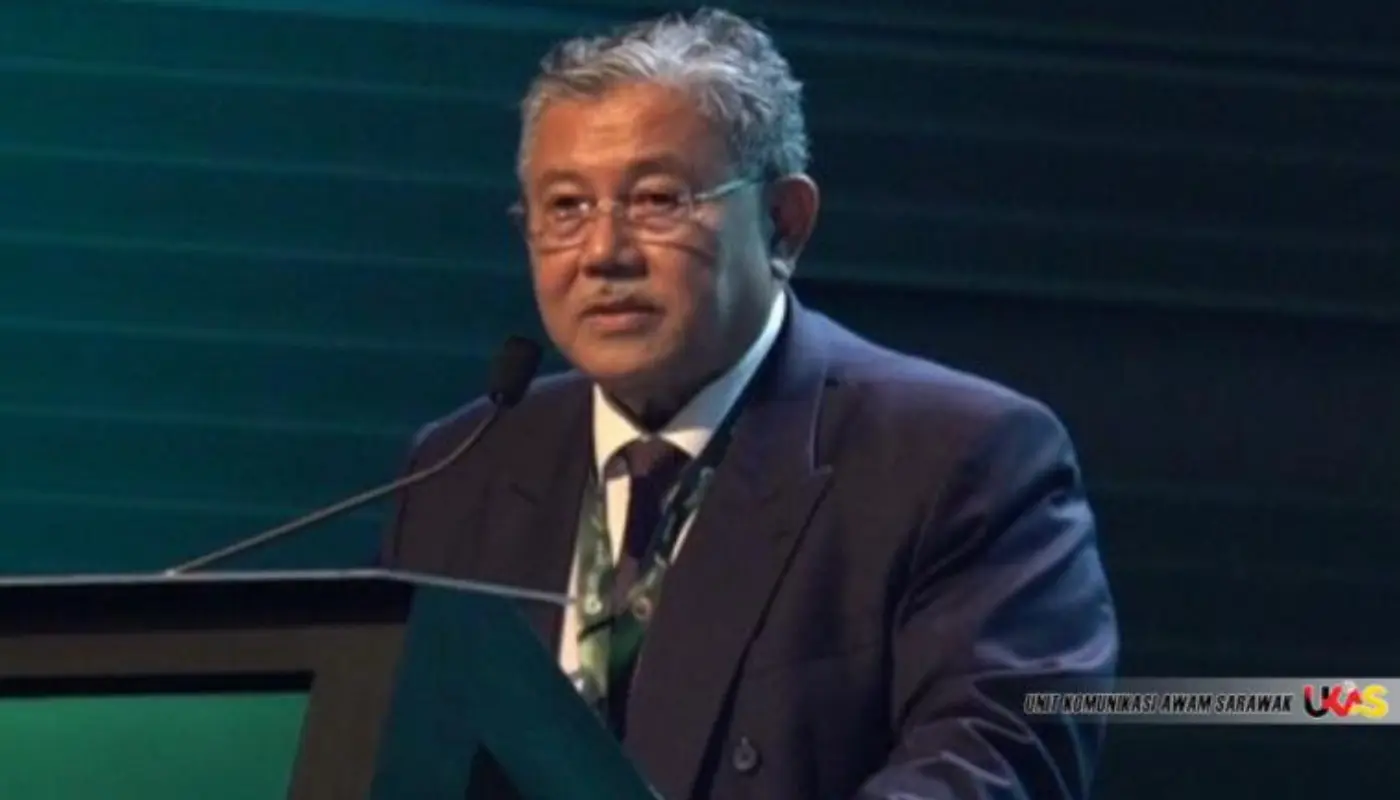KUCHING – The Sarawak government has articulated a firm commitment to a dual-track development strategy that harmonises cutting-edge technological innovation with environmental stewardship.
This vision, which positions the artificial intelligence revolution and the green transition as complementary pillars, was a central theme at the closing of the Sarawak International Digital Economy Conference (IDECS) 2025.
Tan Sri Datuk Amar Mohamad Morshidi Abdul Ghani, Chairman of Sarawak Digital Economy Corporation (SDEC) and Deputy Chairman of IDECS 2025, articulated this integrated approach. He stated that these two agendas are fundamental to constructing the state’s future economy, infrastructure, and society.
“The AI revolution and the green transition are closely linked,” he affirmed in his closing address at the Borneo Convention Centre, Kuching. “This is the foundation for building Sarawak’s future generation of resilient and inclusive economies and societies.”
He further emphasised that the pursuit of technological power must be guided by a strong ethical framework. This balance, he noted, aligns with the state government’s broader pledge to reinforce robust digital governance, ensuring that advancements are managed responsibly.
The conference served as a platform for significant tangible progress, with Morshidi announcing the signing of 22 memorandums of understanding (MoUs) and two formal agreements.
These deals are seen as a strong endorsement of Sarawak’s evolving digital infrastructure and a marker of growing confidence from the international investment community in the state’s policy direction.
A key milestone unveiled during the event was the launch of the Sarawak Pass by the Sarawak Multimedia Authority (SMA). This initiative represents a major step in the state’s journey towards a fully digital government.
It marks a significant upgrade from the previous Sarawak ID system, directly supporting the objectives outlined in the *Post-COVID-19 Development Strategy 2030 (PCDS 2030)*.
Beyond infrastructure and deals, a strong emphasis was placed on social inclusivity. Morshidi stressed that the benefits of technological progress must permeate all segments of the population.
He specifically highlighted the importance of ensuring that women, youth, and rural communities are not left behind but are instead active participants in the state’s digital transformation.
In his concluding remarks, he issued a call to action for all stakeholders. He urged continued collaboration and commitment to realising Sarawak’s ambition of becoming a recognised regional hub for both the digital and green economies.
This future, he reiterated, must be built upon the foundational principles of trust, ethics, and inclusivity, ensuring that growth is both sustainable and equitable for all its citizens.






